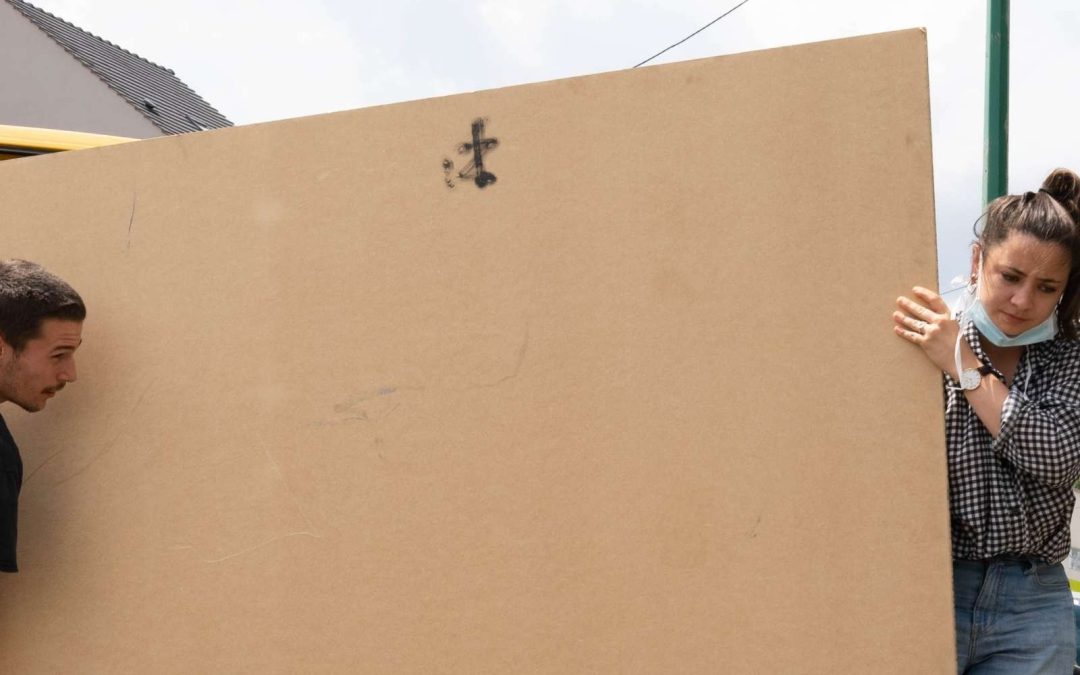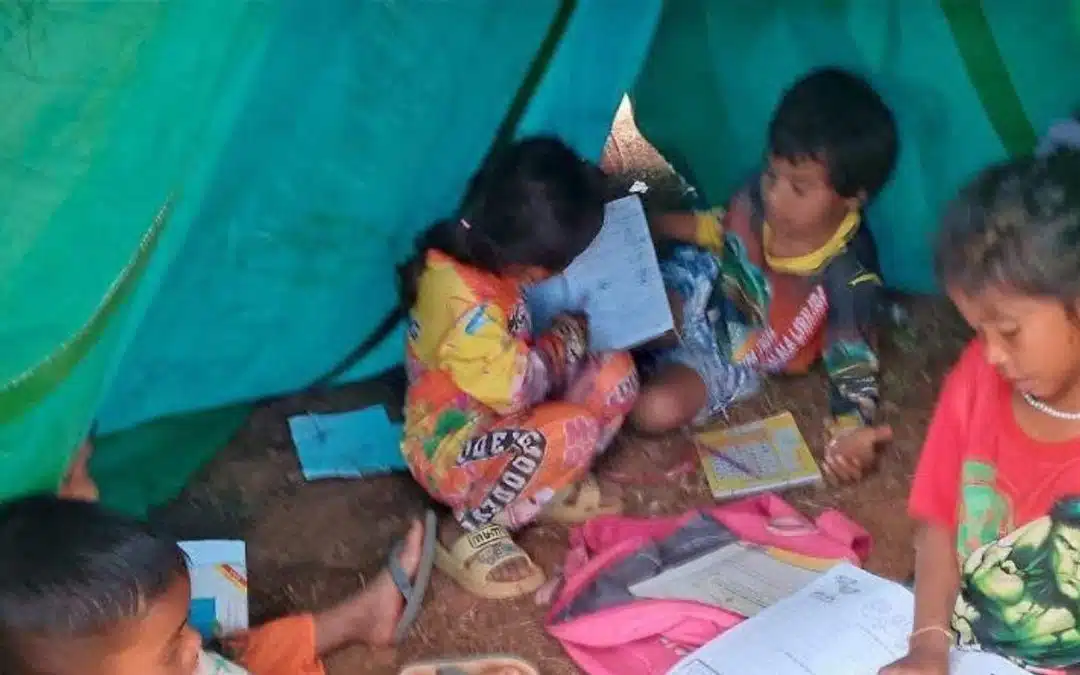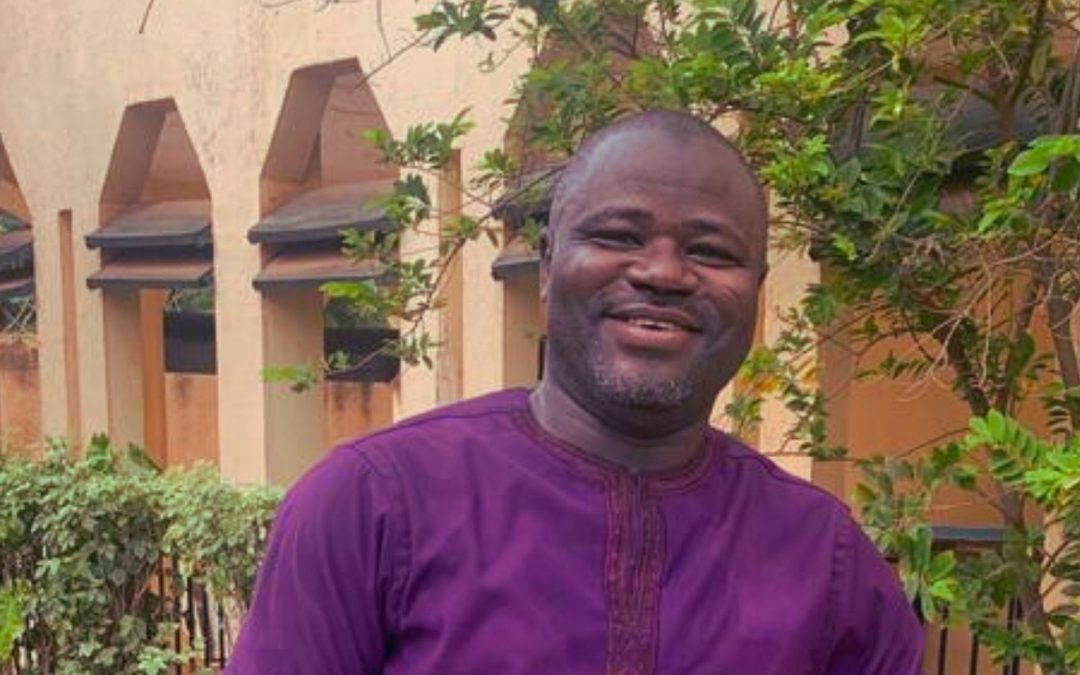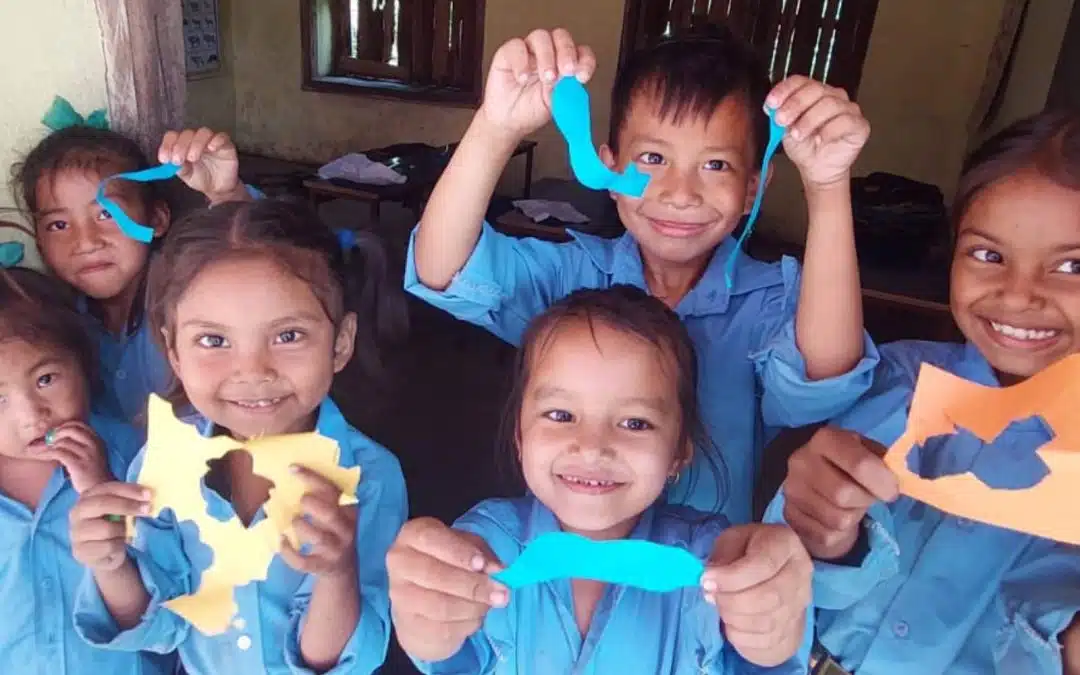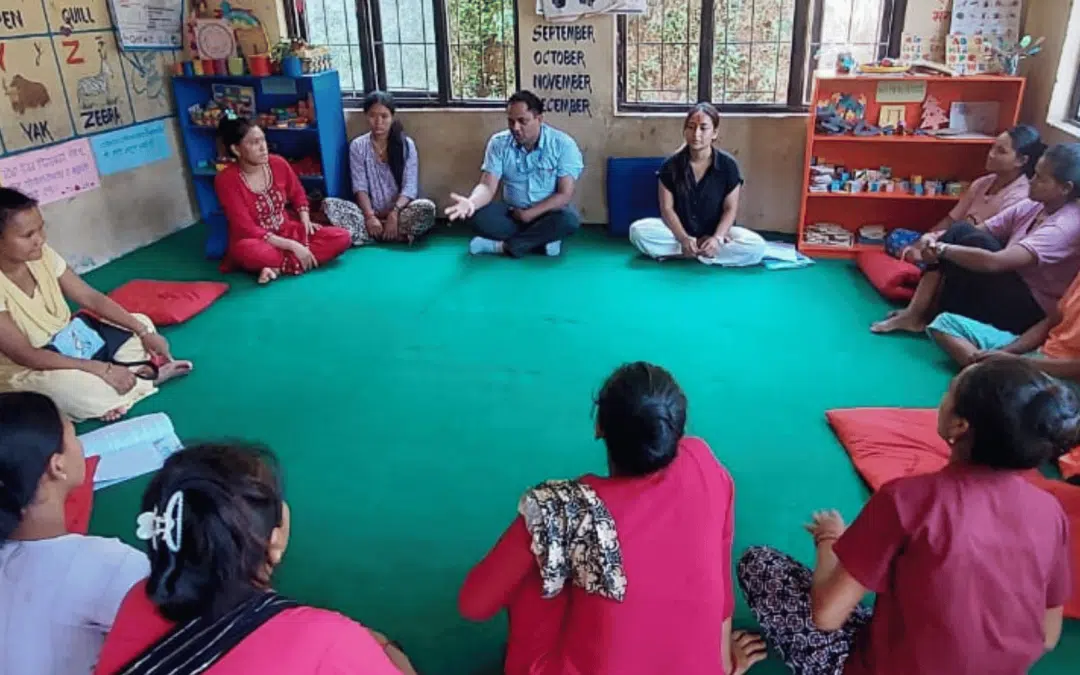
The first objectives have been achieved: 13 crèches have been set up in Cambodian villages over the last 3 years, and have already welcomed 338 children. It is therefore with a great deal of adrenalin and emotion that we are organizing the closing workshop for this project on Friday March 29 in Cambodia, with all the players involved (ministries, local authorities, partners, educational teams, etc.) to take stock and discuss their sustainability.
To speak of the closure of this project would be reductive. Although it was made possible mainly thanks to funding from the World Bank, the adventure of the schools has only just begun. From now on, they will live under the financial responsibility of the Ministry of Education, which delegates their management to the municipalities.
In addition, Planète Enfants & Développement will continue to provide support to guarantee the quality of services offered to children and families. Specifically, we are continuing to coach nursery assistants and support monthly health checks on all children in the 13 nurseries.
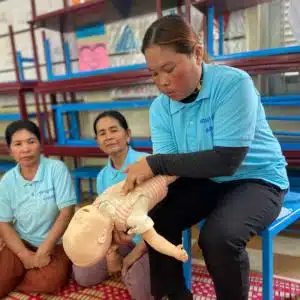
To develop the industry in the country, we will also be continuing our work with the public authorities. In particular, we're seeking to have day-care manuals and diploma courses certified, so that they can be used as reference documents in all municipal day-care centers in Cambodia. But also to improve the directive, still vague and little applied, which defines the obligations of employers in terms of support for their staff in looking after their children. And finally, to work to maintain the inter-ministerial steering committee set up in recent months to develop crèches and early childhood.

The 13 crèches built and opened in Cambodia's Kampong Speu and Kampong Cham provinces can accommodate 25 children aged 3 to 36 months, from 6.30 a.m. to 4.30 p.m., 6 days a week. Their project focuses on welcoming young children and their families, as well as on the child's needs, with particular attention paid to health, nutrition, safety and learning through play, with professional teams trained in early childhood development.
These pilot crèches show an economic and social benefit for all stakeholders, as highlighted by a study carried out in November 2023, which gathered the opinions of 69 factory worker parents:
- For children who are cared for in quality facilities,
- For working parents (especially mothers) who benefit from a service at an affordable cost, since we are looking for a financing model that relies on the commune, families and the companies that employ them.
- For companies whose absenteeism is declining
- For communities that create jobs and improve their social services.
"I work with confidence because I know our child is safe at the crèche. He's better looked after than at home.
"My child has changed: he climbs, he claps, he counts! He used to cry when he saw strangers; now he's no longer afraid of others. He's also put on weight and is less sick.
"He used to spend a lot of time on my phone playing games. At nursery, the kids run around and ask questions. When he gets home, he tells me what he's doing at the crèche."
"Before I registered, I was looking after my child. Now I have enough time to work and earn an income for my family".
"Enrolling in the crèche saved me a lot of money, as I used to spend a lot of money having my family look after my child in my hometown."
In the parents' opinion, nursery care not only improves children's development (notable progress in language and social skills, with improved autonomy, politeness, motor skills and concentration) but also has a positive economic impact. Parents' incomes have increased by an average of $133.75, and children's sick leave has decreased.

